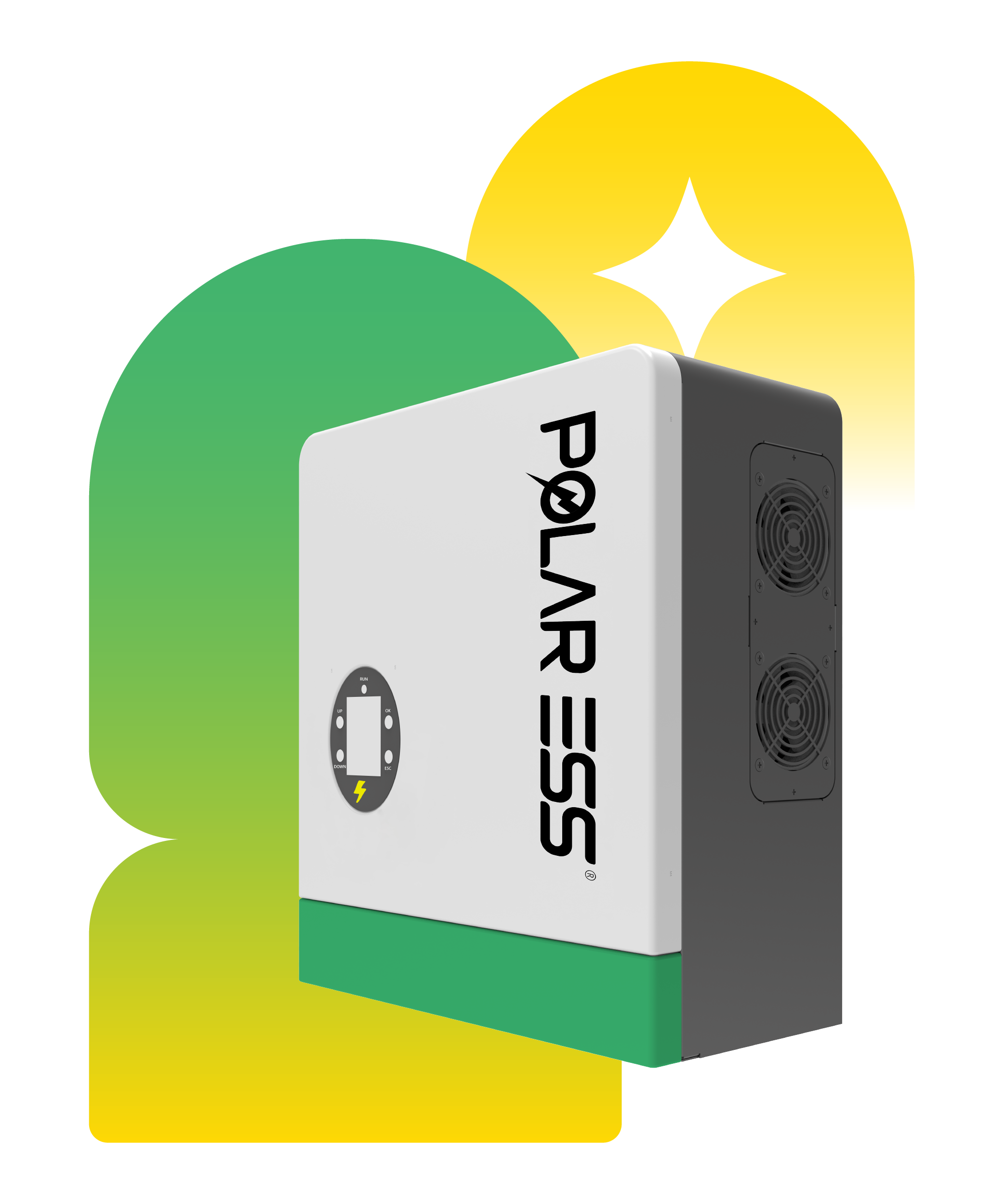Are you considering installing a solar power system but confused about whether to choose a grid tie inverter or a hybrid inverter? Well, let’s dive into the world of inverters and find out which one suits your needs best!
Click to find more about grid tie vs hybrid inverter.The Difference between Grid Tie and Hybrid Inverters
A grid tie inverter is designed to convert the direct current (DC) electricity generated by your solar panels into alternating current (AC) electricity that can be fed back into the utility grid. This allows you to sell excess energy back to the grid and earn credits on your electricity bill.
In contrast, a hybrid inverter not only converts DC electricity from solar panels into AC electricity for use within your home but also incorporates battery storage capabilities. This means it can store excess energy produced during the day for use at night or during power outages.
The Advantages of Grid Tie Inverters

Grid tie inverters are popular due to their simplicity and cost-effectiveness. They allow you to take advantage of net metering programs offered by many utility companies, where you receive credit for any surplus energy you generate. Additionally, since they don’t require batteries, they tend to have lower upfront costs compared to hybrid inverters.
The Benefits of Polar ESS
Polar ESS is an advanced technology integrated with hybrid inverters that offers additional benefits. It optimizes self-consumption by intelligently managing how energy flows between your solar panels, batteries, and household appliances. With Polar ESS, you can maximize savings on your electricity bills while ensuring uninterrupted power supply even during blackouts.
Click battery energy storage system bess.Battery Energy Storage System (BESS)
If backup power is a priority for you, then a hybrid inverter with battery energy storage system (BESS) is the way to go. BESS allows you to store excess solar energy and use it when the sun isn’t shining or during power outages. This provides greater independence from the grid and ensures continuous power supply even in adverse conditions.
Furthermore, BESS can also help reduce peak demand charges by drawing stored energy during times of high electricity usage, saving you money on your utility bills.
In Conclusion
When deciding between a grid tie inverter and a hybrid inverter, consider your specific needs and priorities. If maximizing savings through net metering is important to you, a grid tie inverter may be sufficient. However, if backup power and greater self-sufficiency are crucial factors, investing in a hybrid inverter with Polar ESS or BESS capabilities would be more suitable.
Remember to consult with solar professionals who can assess your requirements and guide you towards making an informed decision that aligns with your goals!
